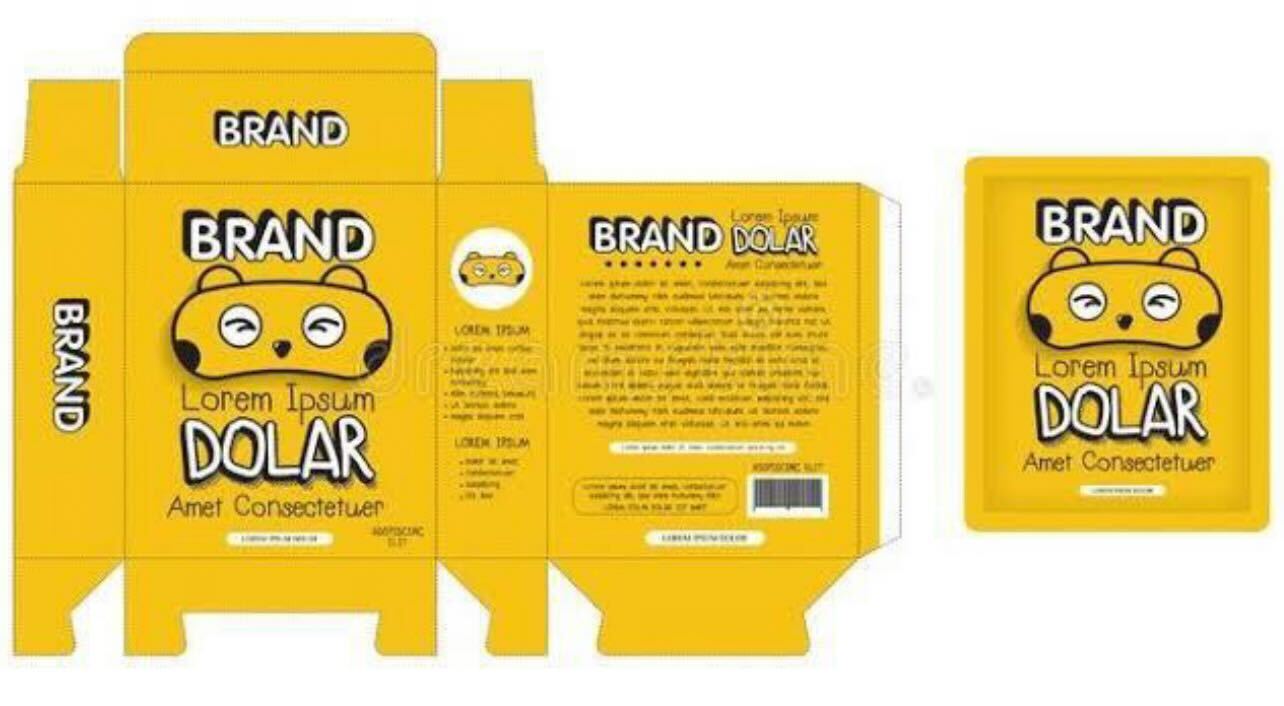
‘Legal Metrology’ is the branch of law that deals with units of measures and weights. In India, the legislation regulating this branch is called the Legal Metrology Act of 2009 enacted by the Ministry of Consumer Affairs, Food and Public Distribution.
It was enacted to replace the Standard of Weights and Measures Act, 1976 and the Standard of Weights and Measures (Enforcement), 1985.
As per Section 2(g) of the Act “Legal Metrology” means that part of metrology which treats units of weighment and measurement, methods of weighment and measurement and weighing and measuring instruments, in relation to the mandatory technical and legal requirements which have the object of ensuring public guarantee from the point of view of security and accuracy of the weighments and measurements.
The Act intends to set standards of weights and measures in trade and commerce and to guarantee the public the security and legality of the goods or services of a proprietor.
The Legal Metrology (Packaging Commodities) Rules, 2011 applies to packaged products and specifies how declarations must be made and what declarations must be included in a packaged commodity intended for sale.
The Legal Metrology Act, 2009 governs:
The definition clause of the Act defines each of these terms as:
PRE-PACKED COMMODITIES & DECLARATIONS
a. What are pre-packed commodities?
Before understanding the declarations to be mentioned in the package, we have to understand what qualifies as a pre-packaged commodity. A pre-packaged commodity is defined U/S/2(l) of the Legal Metrology Act as, a commodity that without the purchaser being present is placed in a package of whatever nature, whether sealed or not so that the product contained therein has a pre-determined quantity. In Philips India ltd. vs. Union of India, Madras High court held that televisions, audio & video players will not fall under the category of pre-packed commodities since they are only packed for safe conveyance. However, in Whirlpool of India Ltd. vs. Union of India, the Supreme Court of India, ‘refrigerators’ come within the definition of pre-packed commodities and the provisions of Standards of Weights and Measures Act, 1976.
These inconsistencies and irregularities with the Standards of Weights and Measures Act, 1976 led to the enactment of the Legal Metrology Act, 2009 and subsequently the Legal Metrology( Packaged Commodities) Rules, 2011.
b . Declarations to be displayed on a pre-packaged commodity
The Legal Metrology Act, 2009 along with the Legal Metrology (Packaged Commodities) Rules, 2011 imposes an obligation to mandatorily declare certain attributes in the package of any pre-packed commodities which are intended to be commercialised in India. Section 18(1) of the Act specifies that no person shall manufacture, pack, sell, import, distribute, deliver, offer, expose or possess for sale any pre-packaged commodity unless such package is in such standard quantities or number and bears thereon such declarations and particulars in such manner as may be prescribed. U/S/18(2) the Act specifies, that any advertisement mentioning the retail sale price of a pre-packaged commodity shall contain a declaration as to the net quantity or number of the commodity contained in the package in such form and manner as may be prescribed.
Rule 6 of the Legal Metrology (Packaged Commodities) Rules, clearly defines the declarations to be made in the label of a pre-packaged commodity. Any pre-packaged commodity sold or manufactured without the declarations will be subjected to penalties under, Section 36(1) of the Legal Metrology Act, 2009.
Every packaged commodity shall contain, (As per Rule 6 of the Legal Metrology (packaged commodities) rules, 2011)
c. Mandatory labelling requirements for Cosmetic Products
The packaging and labelling of cosmetic products in India is governed by several laws and rules. Many of these rules and legislations are overlapping in nature. “The Drugs & Cosmetics Act of 1940, The Drug & Cosmetics rules 2020”, “The Legal Metrology Act 2009 & Legal Metrology (packaged commodities) Rules, 2011”, “ECO Labelling Standards by BIS”.
The packaging and labelling laws for cosmetics in India:>
The Legal Metrology Act,2009 and LM(packaged
commodities) Rules, 2011
ECO Labelling Standards By BIS
d. General declarations under the Legal Metrology (packaged commodities) rules, 2011 and Drugs & Cosmetics rule 2020(Rule 34)
e. Declarations on pre-packaged electronic goods.
The Department of Consumer Affairs said it has brought in Legal Metrology (Packaged Commodities), (Second Amendment) Rules 2022, to allow electronic products to declare certain mandatory declarations through the QR Code for a period of one year if not declared in the package itself. The rule specifically mentions that any electronic product which is manufactured or packed or imported after the 15th July 2022, the package of such product shall, for a period of one year from such date shall through the QR code
The declarations to be made in the package will be the same as that of the QR code.
CONCLUSION
Even though all these commodities are different genres and governed under different legislations, we can see an overlapping of guidelines when it comes to the labelling and packaging of these commodities. The guidelines relating to labelling and packaging of all these commodities, mentioned in their respective Act and rules shall be read along with the Legal Metrology (Packaged Commodities) Rule, 2011. In short, these regulations are basically parallel in nature. The declarations for pre-packaged commodities, whether it be cosmetics, electronic goods or any other pre-packed product, are one and the same except for certain attributes. The respective statutes have made amendments according to the mandatory declarations to be made in pre-packaged commodities (mentioned in Rule 6) of the Legal Metrology (packaged commodities) Rules, 2011. These guidelines are provided to ensure the public, security and guarantee to the commodities they purchase through online or offline modes.
© 2026 Business Consultant & Law Firm - Legacy Partners. All Rights Reserved.
Designed by Nuewelle Digital Solutions LLP

Legacy Partners
We typically reply in a few minutes